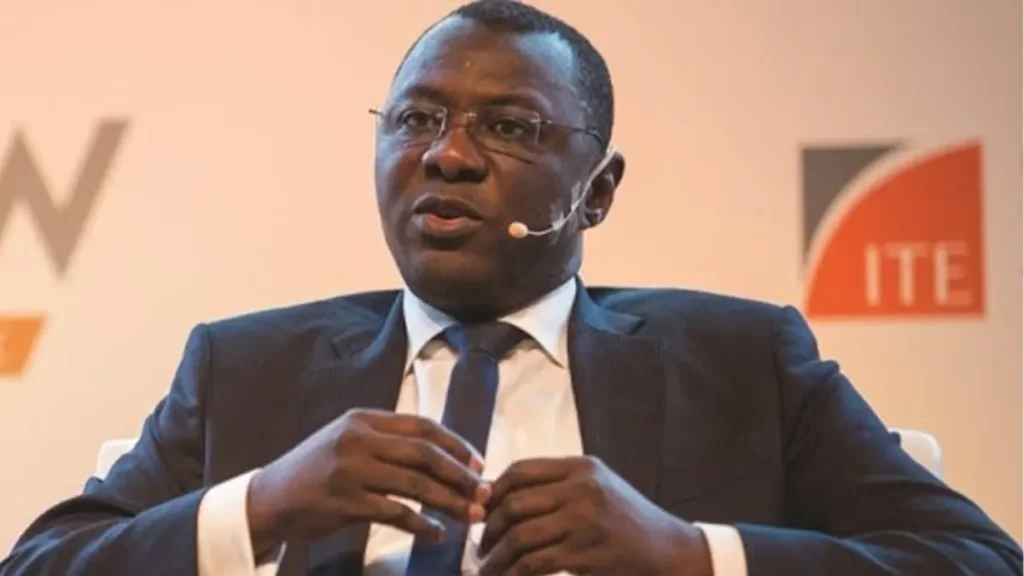The Government of Ghana has taken a significant step by officially resuming payments on its Eurobond debts following a successful debt exchange program with bondholders. This program was crucial in restoring financial stability, which included negotiating terms with various stakeholders, ultimately enabling the government to regain its footing concerning international debt obligations. The Ministry of Finance has made a notable initial payment totaling $520 million, a pivotal but necessary step in fulfilling its commitments. This payment comprises a $120 million consent fee to bondholders who agreed to the terms of the exchange, underscoring the importance of collaborative negotiations in the debt management process.
In conjunction with this, the resumed debt service also entails $320 million in coupon payments that had been previously suspended as part of the government’s debt service suspension policy enacted in 2022. This suspension was necessary during a period of economic distress, but it raised significant concerns among investors and international creditors. By successfully restructuring $13 billion in Eurobond debt—achieved with an impressive participation rate of 98% from bondholders—Ghana’s government has showcased its commitment to restoring investor confidence and ensuring the nation’s financial obligations are met.
Going forward, regular coupon payments are scheduled to commence from January 2025, with the next anticipated payment set for July 2025. This structured approach to debt servicing is vital for fiscal discipline and maintaining good standing with international creditors. The Bank of Ghana has been proactive, assuring the public and markets that it possesses sufficient dollar reserves to facilitate these forthcoming payments. This assurance is critical, as it alleviates concerns regarding the nation’s liquidity and ability to manage foreign debt commitments.
To further stabilize the fiscal landscape and manage the pressures associated with these repayments, Finance Minister Dr. Mohammed Amin Adam announced the establishment of a Sinking Fund. This fund aims to ensure that the government can meet its long-term debt obligations without compromising other fiscal responsibilities. The introduction of such a financial instrument indicates a strategic move towards sustainable debt management, allowing the government to allocate resources effectively while mitigating the risk of future defaults or financial crises.
In addition to restructuring its Eurobond debts, Ghana’s government is preparing to begin servicing debts owed to bilateral creditors, with plans to initiate this process in 2026. This expansion of debt servicing will encompass a broader range of financial obligations, signaling the government’s intent to take a comprehensive approach to its fiscal responsibilities. This strategy not only reinforces the government’s commitment to honoring all forms of debt but also aims to restore broader trust and stability in the country’s financial systems.
In summary, the resumption of Eurobond debt payments marks a promising turnaround for Ghana after challenging financial circumstances over the previous years. By actively engaging in a debt exchange program, restructuring its debt portfolio, and prioritizing transparency and assurance of financial health, the Government of Ghana is working diligently to reassure its investors and creditors. The measures taken—including the establishment of a Sinking Fund and the planned servicing of bilateral debts—reflect a strategic and proactive fiscal management approach to sustain the nation’s economic recovery and long-term stability.














